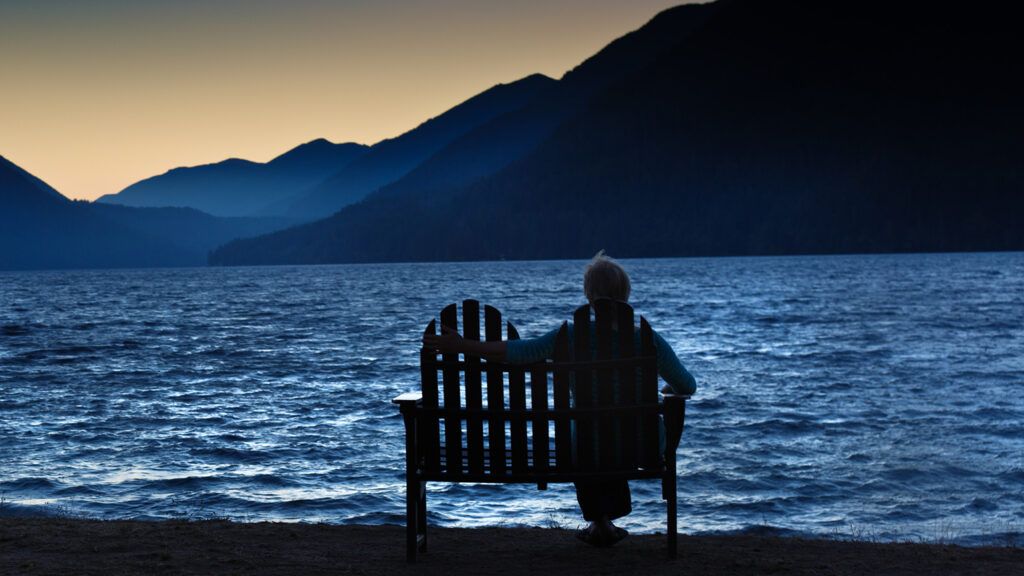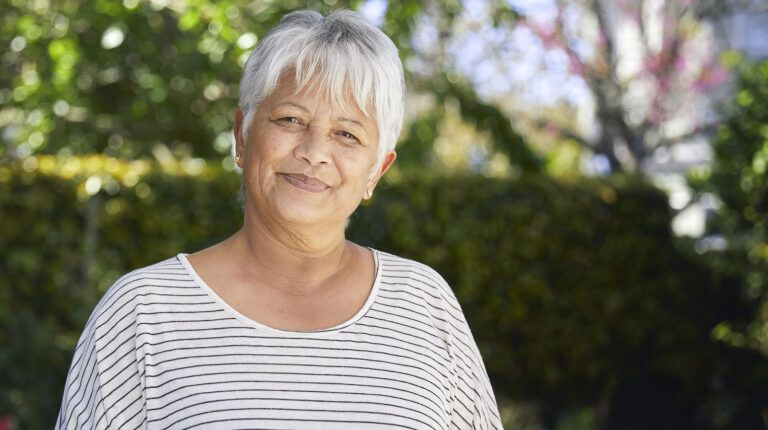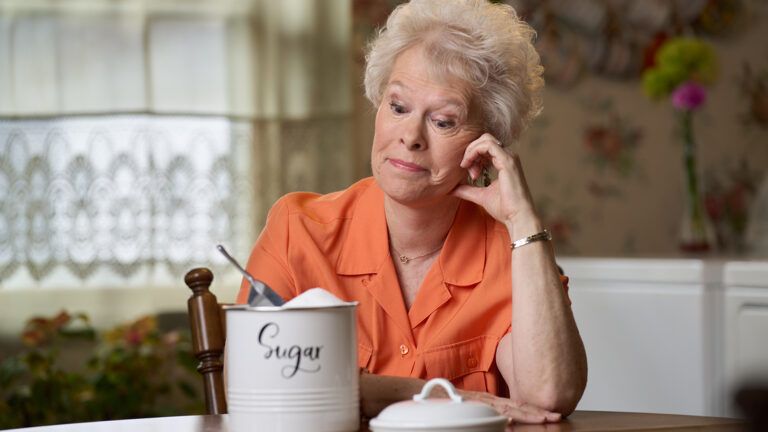Rita Ecdao-Lubey believes surviving a stroke changed her life for the better. Merry Jo Escher, a purchasing consultant for the Good Samaritan Society, can relate to that. She suffered a stroke at age 48—a total shock since she didn’t have the most common risk factors, such as high blood pressure, a history of smoking and obesity. We talked to Escher about what she learned.
How did you know you were having a stroke? “I didn’t. Even though I was a volunteer first responder, I missed all the signs,” Escher says. “That morning I woke up feeling funny—I kept seeing rings in my field of vision. I worked in sales then and managed to drive to meet a regular customer. Verda, my customer’s receptionist, noticed my voice didn’t project and my lip was drooping. She made sure I got to a clinic right away. It turned out, I’d suffered a transient ischemic attack.”
How did faith help you recover?
“It gave me a peace,” Escher says. “Verda had no medical background. Somebody was guiding her to be my guardian angel that day. Knowing there was a higher power at work, a force that I couldn’t necessarily see, was a big part of my recovery.”
What else has made a difference?
“Determination. I knew from the beginning that this was not going to beat me,” Escher says. “The stroke affected my ability with numbers. I’ve worked hard to get that ability back by doing math in my head and playing sudoku. For a long time, I was very fatigued. The brain has suffered a trauma when a stroke occurs and needs time to recover.”
How have you changed since the stroke?
“I’m more aware of the little things in the people around me,” Escher says. “If something doesn’t seem right, I don’t want to just look the other way or be too timid to offer help. I hope I can be an angel for someone else.”
What do all of us need to know about the risks for stroke?
“People can have a stroke at any age,” Escher says. “Women who are under the age of 55 should look out for hidden risk factors, such as taking birth control pills.”
What advice do you have for stroke survivors?
“Be open to trying new things. Understand your weakness so you can make it a strength by working hard at it,” Escher says. “Instead of looking at your stroke as the lowest point in your life, look at it as a chance to reflect, regroup and maybe even start over.”
A Stroke Survivor Finds New Purpose and a New Job
Did you enjoy this story? Subscribe to Guideposts magazine.






